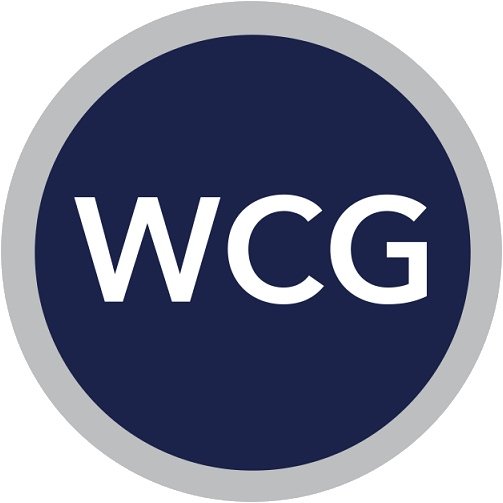How to Plan Your Job Search
It takes the average person 3 months to a year to secure a new job opportunity, so the time to start planning your job search was yesterday. If you are newly unemployed, the thought of being without a job for a year can seem daunting. To help breakdown that time and feel productive, create a schedule and goals. So, what does that look like?
I recently asked one of our unemployed clients how she planned her search when she was laid off. The reality is, she spent the first few days in shock. After the shock wore off, she reviewed her finances, and she calculated that her severance package would last her 2 months. So, did she wait to start her job search? Nope. She started immediately and created a plan for her first month of unemployment. Here’s what she did:
Goals:
Set a regular schedule
Gym: 6:30 am
Job Search/Follow-up: 8:30 am to 10:30 am
TBD: 10:30 am to 5:00 pm
Dinner with family: 6:00 pm
Bedtime: 10:30 pm
Plug-in to Networking Groups
Workout everyday
Take a Lynda.com class
Repaint living room
Do 3 free things around the city
She started day one of her unemployment by:
Updating her resume, LinkedIn profile, and Indeed profile
Applying to the most relevant or attractive positions posted
Reaching out to her network
Creating a list of companies to target
Setting up alerts on LinkedIn and Indeed for specific job titles/locations/companies
Day Two through Thirty she continued to follow her regular schedule, but changed what she did from 10:30AM to 5:00PM. For example, one day she went to a free lecture at the local library, the next she started repainting the living room, and then she went to a local networking event she found through her professional association.
At the end of each month, she would reevaluate and set new goals. Because she created a plan, she was able to stay motivated and feel productive.
So, what happens if you are still employed? While you may not have time to continually update your resume, be sure to keep track of any accomplishments or new skills. Also, regularly benchmark the market. Is there a job that interests you, but you are missing a certification? Is there a new industry standard you do not know? If so, start the process of obtaining those certifications or skills.
Do you need help knowing where to start your job search plan? Feel free to reach out to us. We’re happy to help.

